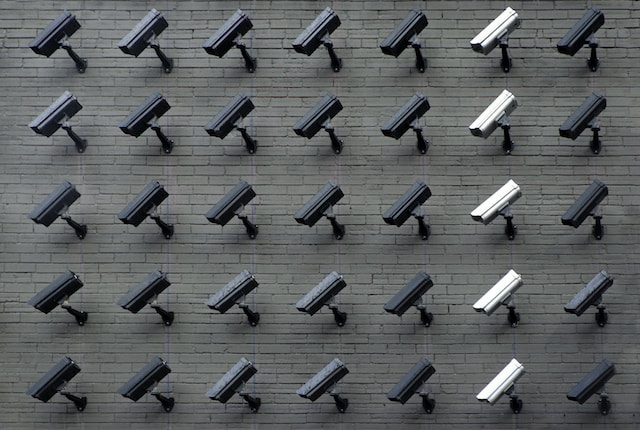 POLICY
POLICY
 POLICY
POLICY
 POLICY
POLICY
The British government today passed the controversial and groundbreaking Online Safety Bill after the legislation received the green light in what was the final parliamentary debate on the matter.
The bill consists of around 300 pages of sweeping legislation that the U.K. says will make the country “the safest place in the world to be online.” In short, by British law, social media companies will now have to take responsibility for content posted on their platforms. The British telecom regulatory agency, Ofcom, will be responsible for ensuring the companies follow the rules.
The companies will have to enforce strict age limits and age-checking measures on their platforms, something that politicians in the U.S. have been trying to make law. Ofcom in Britain will assess whether tech companies have not just taken down what it deems harmful content but that they did it fast enough or that they prevented it from “appearing in the first place.”
This will include content that promotes self-harm but also content that the regulator says could be construed as hate speech or harassment. The companies will have to ensure that parents have enough tools to prevent their kids from seeing such harmful content and that there are “clear and accessible ways to report problems online when they do arise.” The companies will also be tasked with issuing regular safety reports and risk assessments.
“I am immensely proud of what we have achieved with this bill,” said the country’s technology secretary, Michelle Donelan. “Our common-sense approach will deliver a better future for British people by making sure that what is illegal offline is illegal online. It puts protecting children first, enabling us to catch keyboard criminals and crack down on the heinous crimes they seek to commit.”
Social media platforms that transgress could find themselves being hit with an £18 million ($22.3 million) fine or 10% of their global revenue, potentially resulting in fines that reach more than a billion dollars. The law also makes it easier for the government to bring charges against people who share harmful or illicit content and those who commit online fraud.
U.S. social media companies have expressed concern. Meta Platforms Inc.’s WhatsApp and the chat app Signal stated that the Online Safety Bill jeopardizes end-to-end encryption and, according to the latter, means an “unprecedented regime of mass surveillance.”
The Wikimedia Foundation, which hosts the Wikipedia website, also expressed concern, stating it won’t apply age verification systems. The foundation added that this “increased bureaucracy” will lead to educational language about sex or race being “misinterpreted.”
Privacy advocates have said the bill is less about protecting children and more about authoritarian surveillance, which they have said ushers in a new Orwellian reality. No one would disagree that cutting down on scams or sexualized content that contains images of children or videos of violence against people or animals is a good thing, but critics say sweeping legislation that effectively allows the government to scan every private message is unwelcome mass surveillance.
It’s also been pointed out that “harmful” is a vague term, which they say will undoubtedly lead to governments censoring content that perhaps shouldn’t be censored. The U.S.-based Electronic Frontier Foundation, or EFF, has said just that, stating today that the bill will lead to “politicized censorship decisions.”
“It’s a basic human right to have a private conversation,” added EFF. “This right is even more important for the most vulnerable people. If the U.K. uses its new powers to scan people’s data, lawmakers will damage the security people need to protect themselves from harassers, data thieves, authoritarian governments, and others.” Anonymous speech, it said, will end with age-verification protocols, which essentially puts government critics at risk.
Ofcom has said that now the bill is law, it will phase in how it polices these companies. One thing for sure is that the internet in Britain is soon going to look and feel like a very different place.
Support our mission to keep content open and free by engaging with theCUBE community. Join theCUBE’s Alumni Trust Network, where technology leaders connect, share intelligence and create opportunities.
Founded by tech visionaries John Furrier and Dave Vellante, SiliconANGLE Media has built a dynamic ecosystem of industry-leading digital media brands that reach 15+ million elite tech professionals. Our new proprietary theCUBE AI Video Cloud is breaking ground in audience interaction, leveraging theCUBEai.com neural network to help technology companies make data-driven decisions and stay at the forefront of industry conversations.